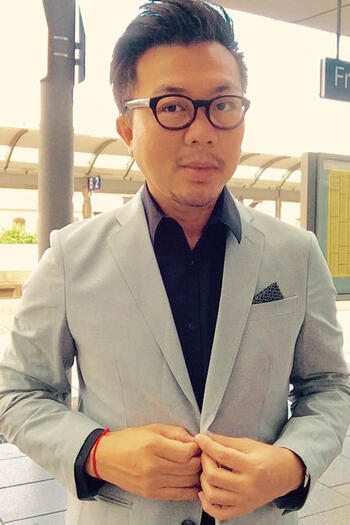Is Bangkok Pivoting toward Beijing? What the 2014 Coup Means for Thai Foreign Policy
Thursday, December 3, 20154:30 PM - 6:00 PM (Pacific)
Encina Hall, Third Floor, Central, C330
616 Jane Stanford Way, Stanford, CA 94305
How has the May 2014 coup in Thailand affected the country’s foreign policy? Has the junta realigned Thailand toward China and away from the US? Some Western governments reacted to the coup by criticizing the military government of prime minister cum army general General Prayuth Chan-o-cha and subjecting it to downgrades and penalties. Washington bluntly called on the junta to return power to the Thai people. In reply, hoping to lessen the effects of Western pressure, Prayuth tried to diversify Thailand’s links and options in foreign affairs, including strengthening relations with nearby China, and with Myanmar, Cambodia, and Japan.
A January 2015 visit to Bangkok by US assistant secretary for East Asian and Pacific affairs Daniel R. Russel did not improve US-Thai relations. When Russel called on the junta to lift marshal law, the junta told him to mind his own business. Yet president Obama has not revoked Thailand’s status as Washington’s “major non-NATO treaty ally” nor has Prayuth aligned his country fully with Beijing. Pavin will sketch the changing contours of these among other relationships and relate their tenor and prospects to the political crisis that continues to unfold in Thailand.

